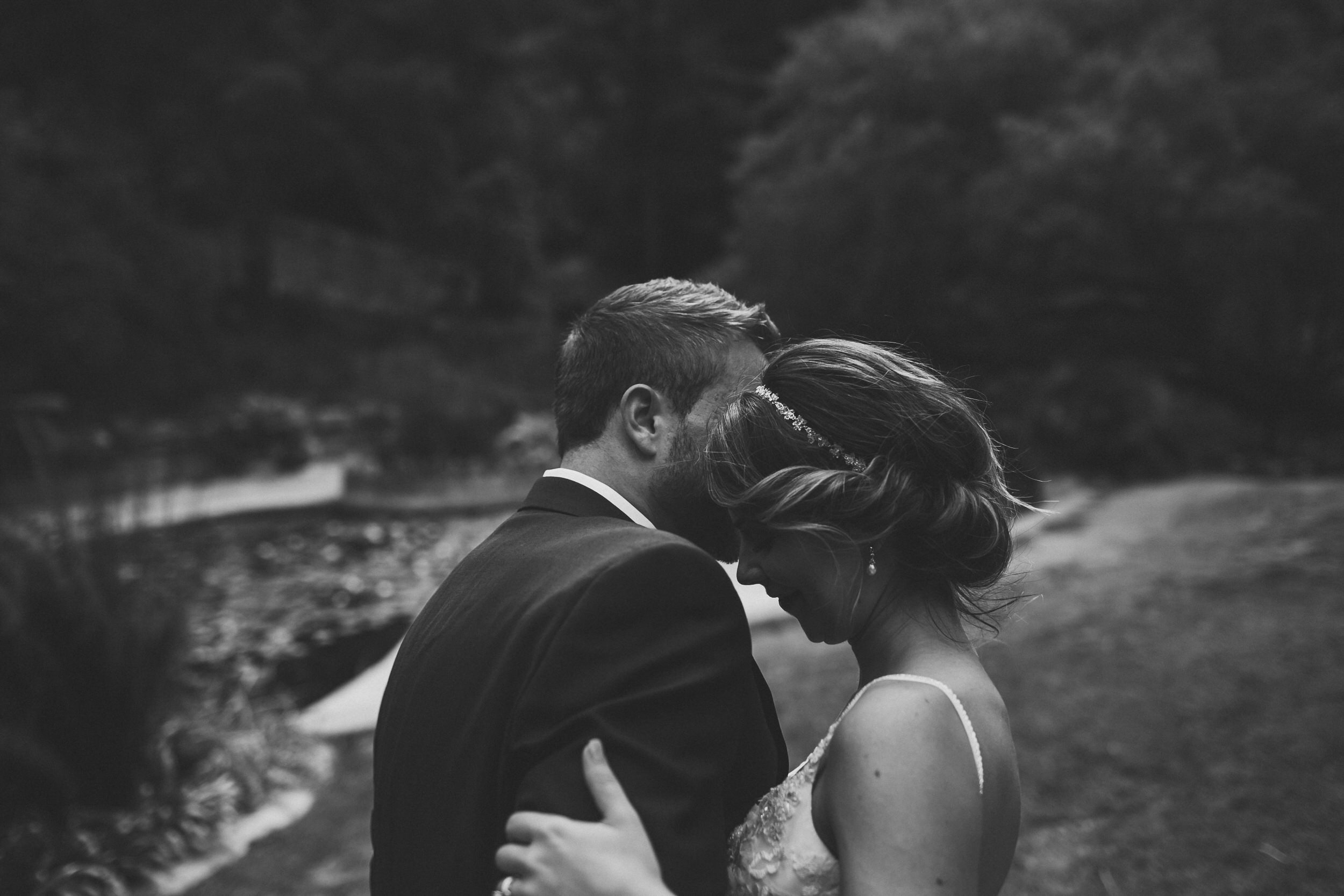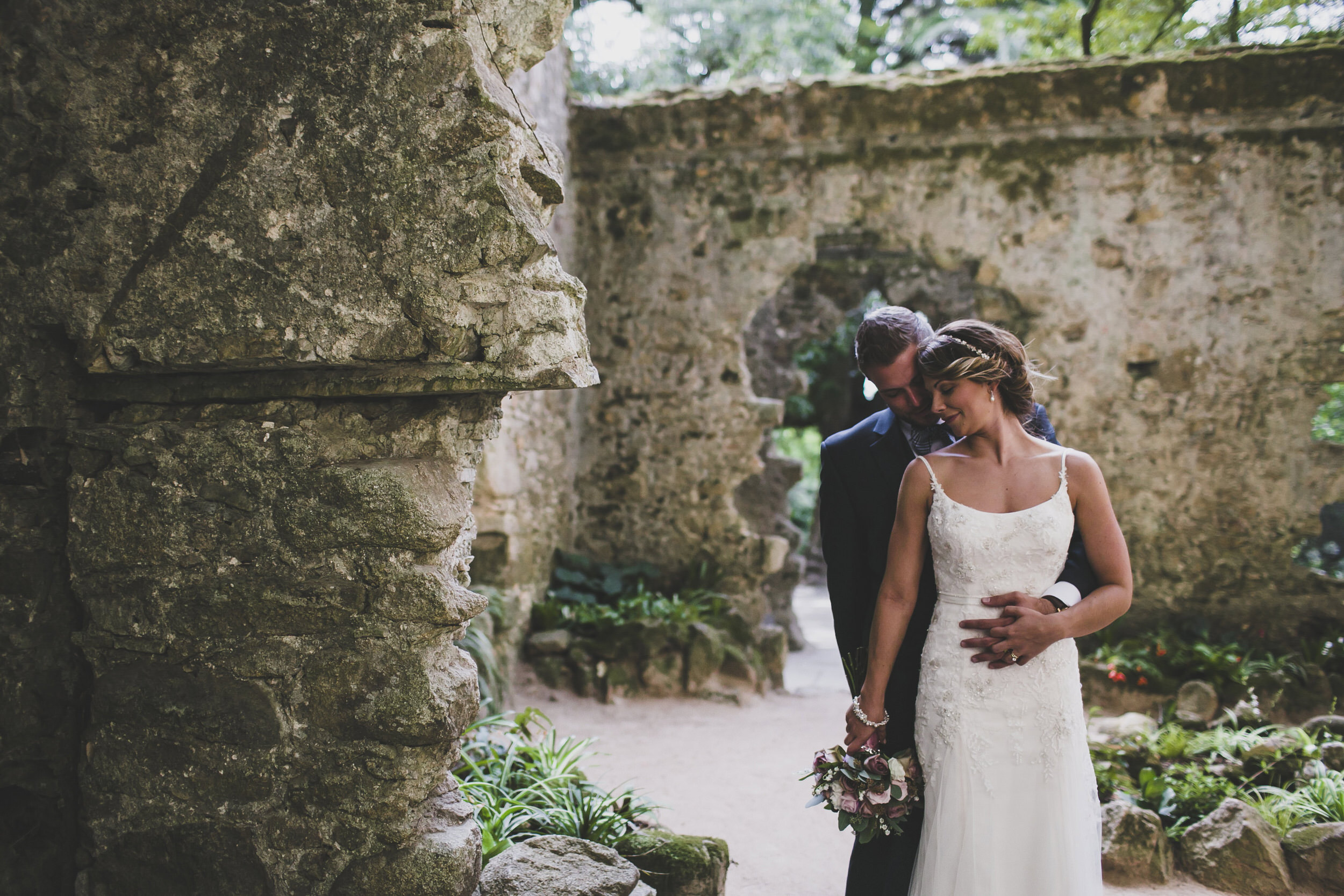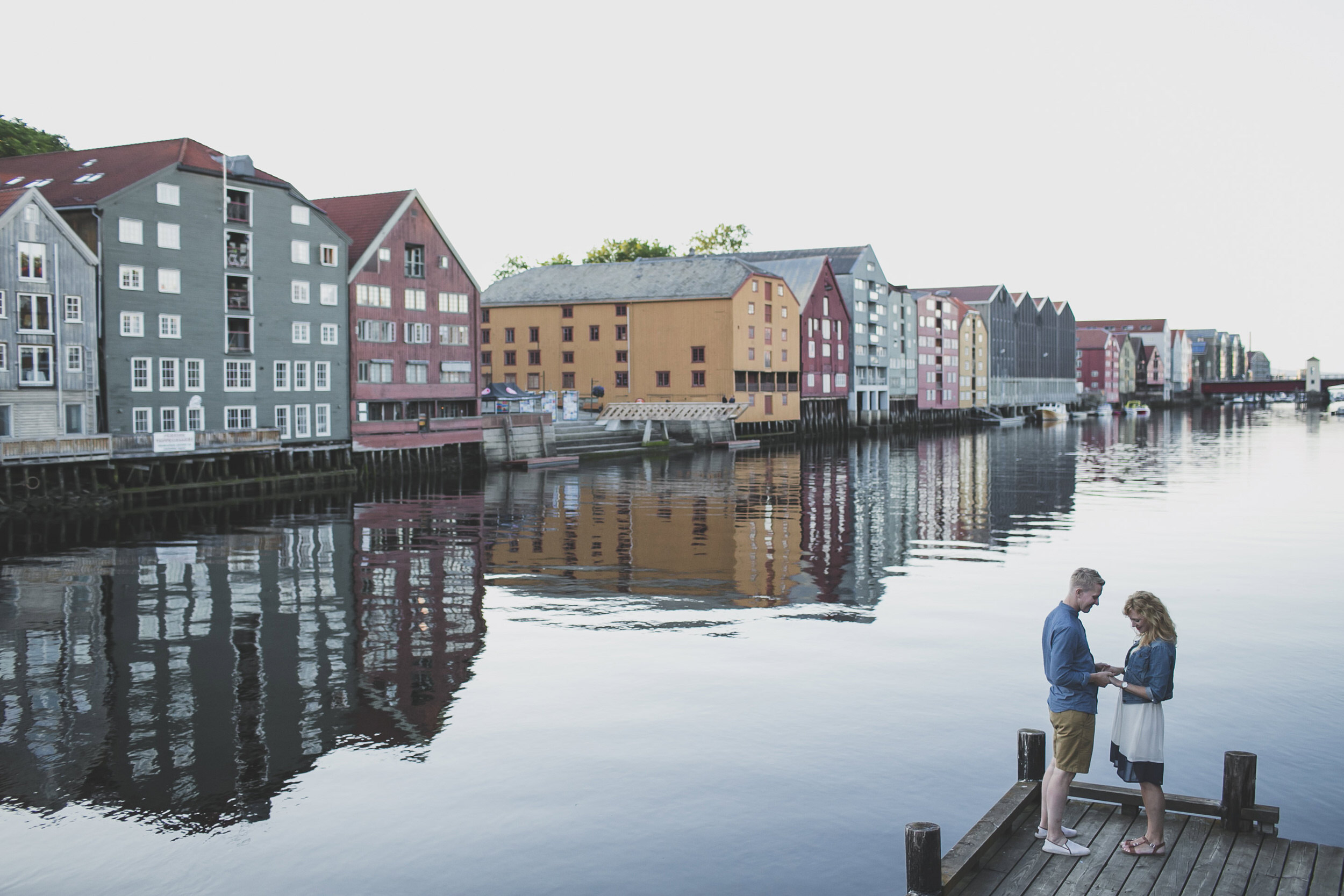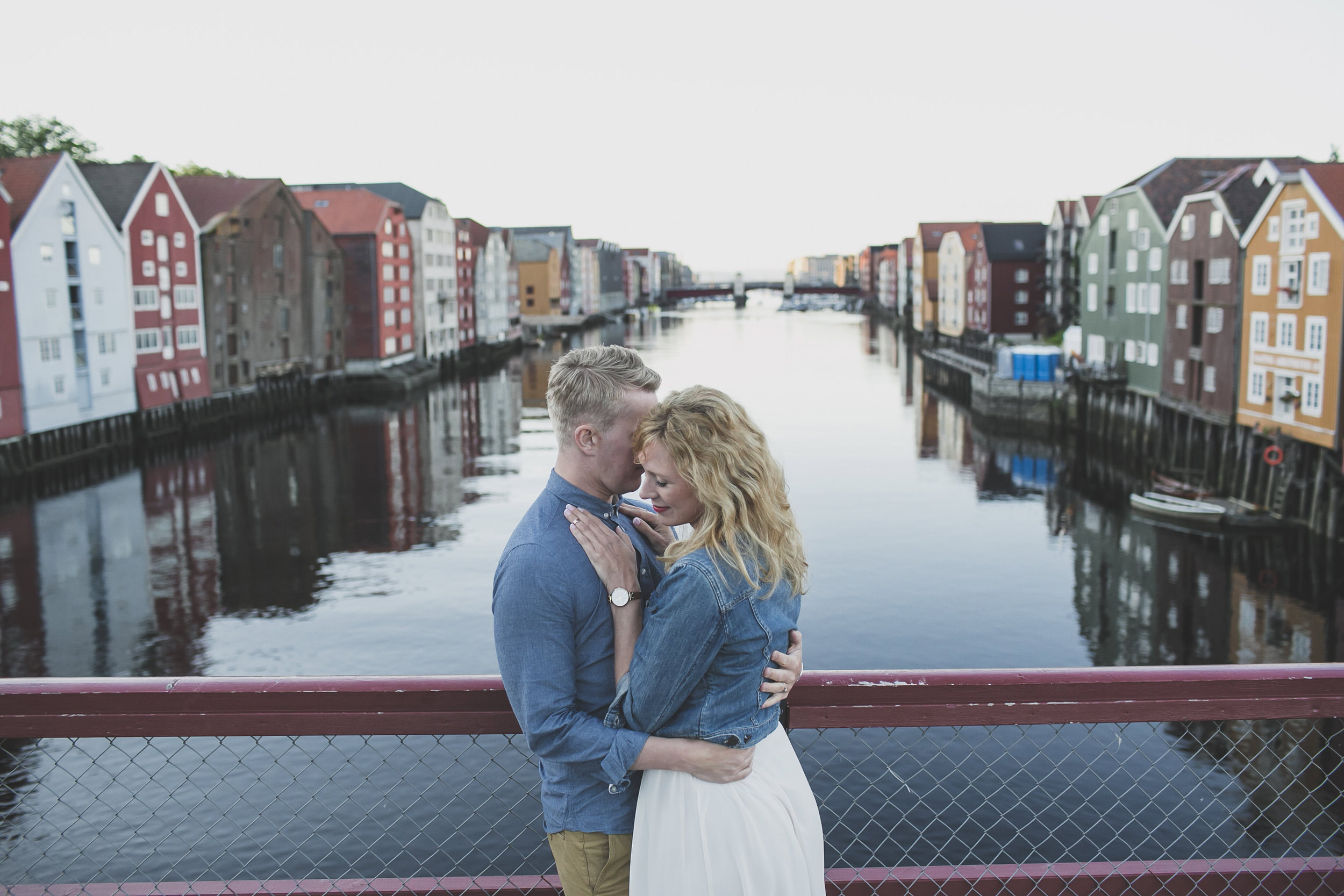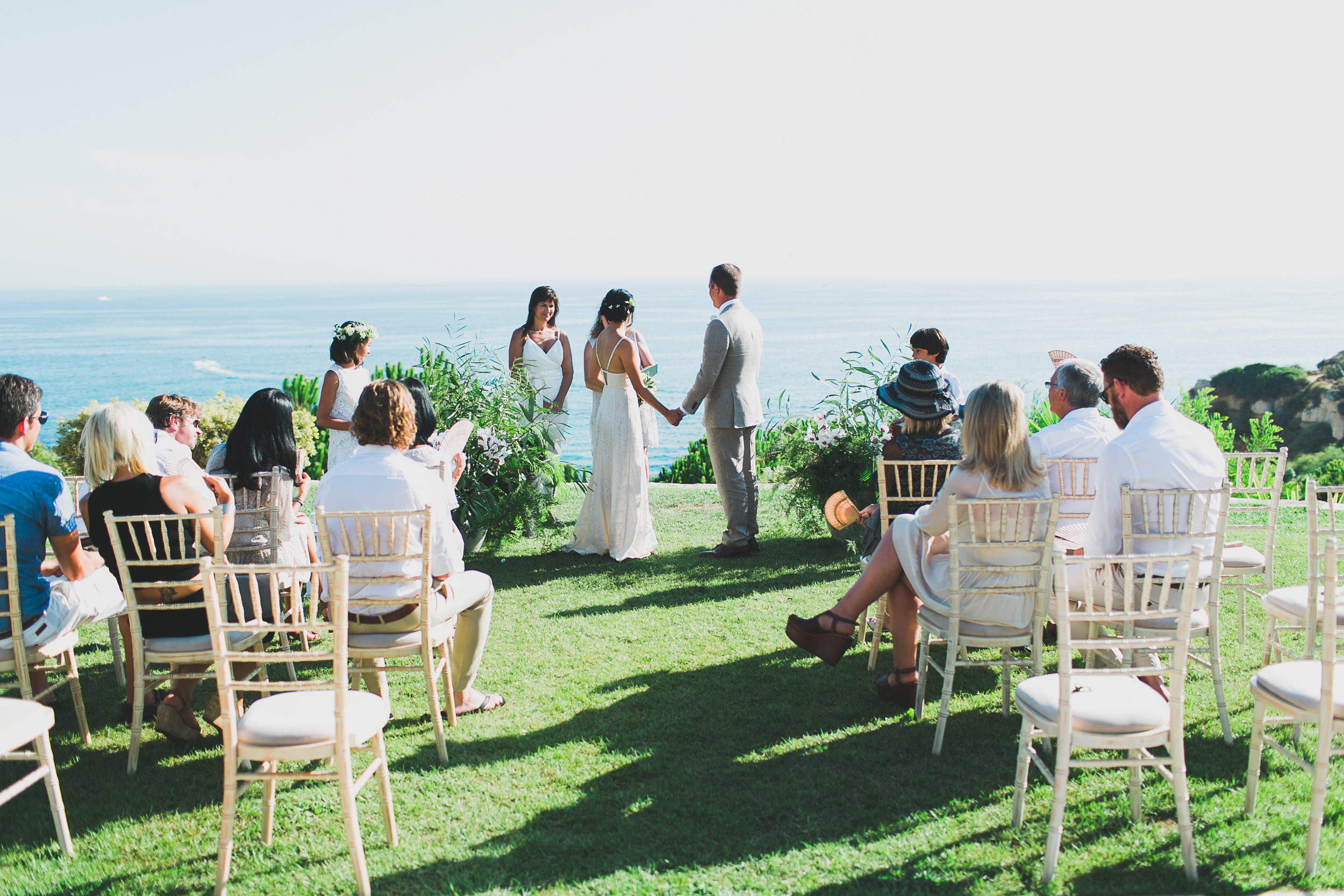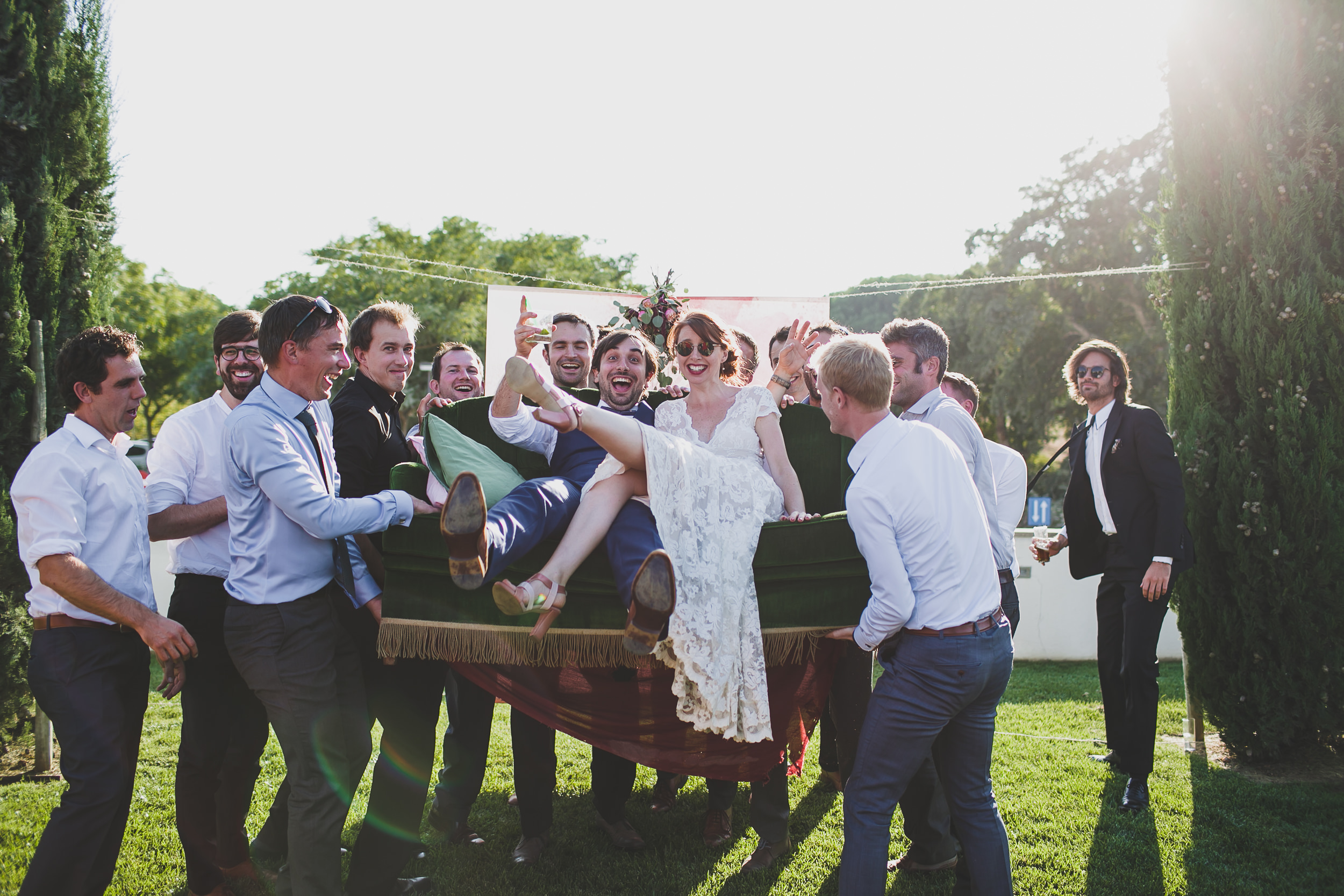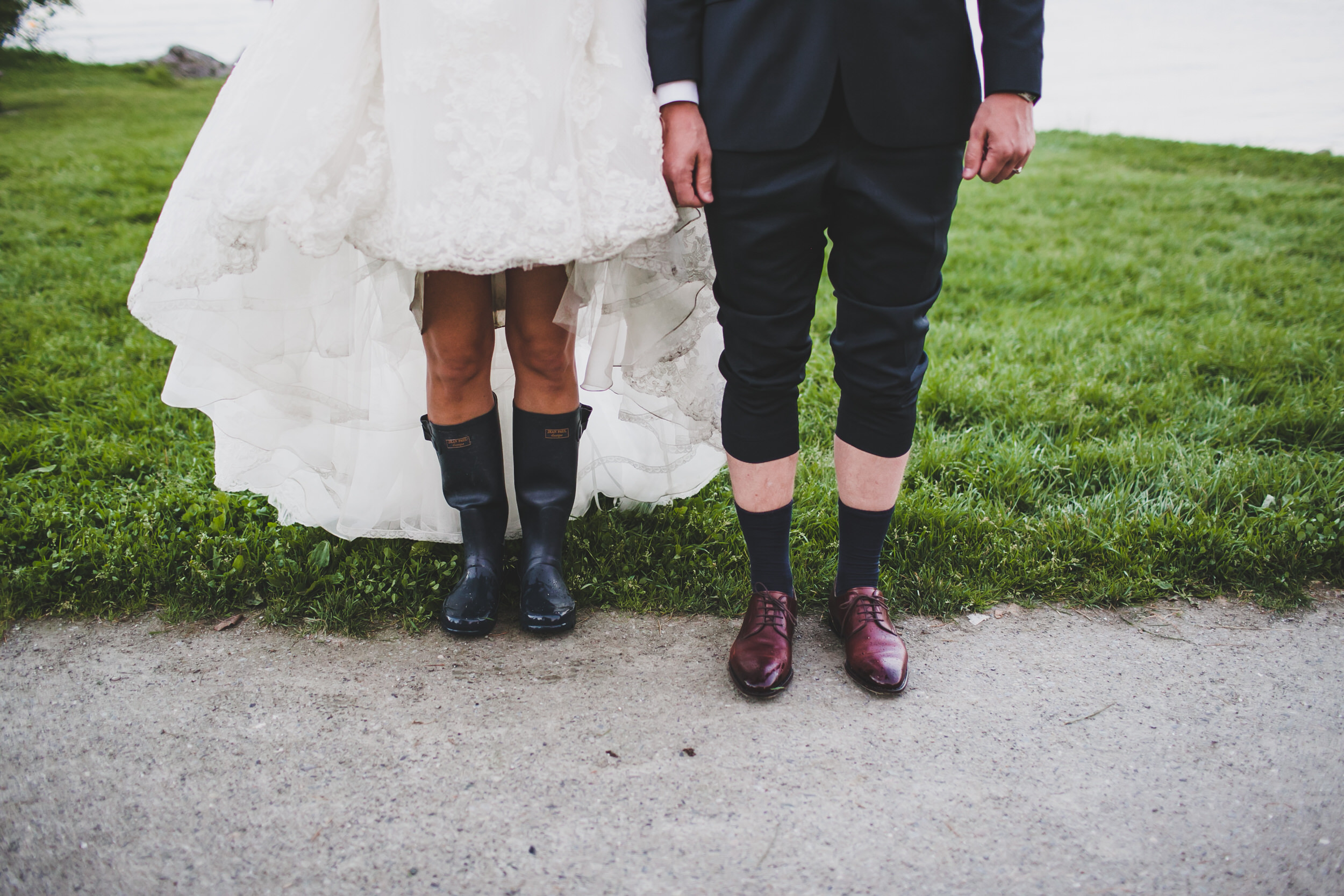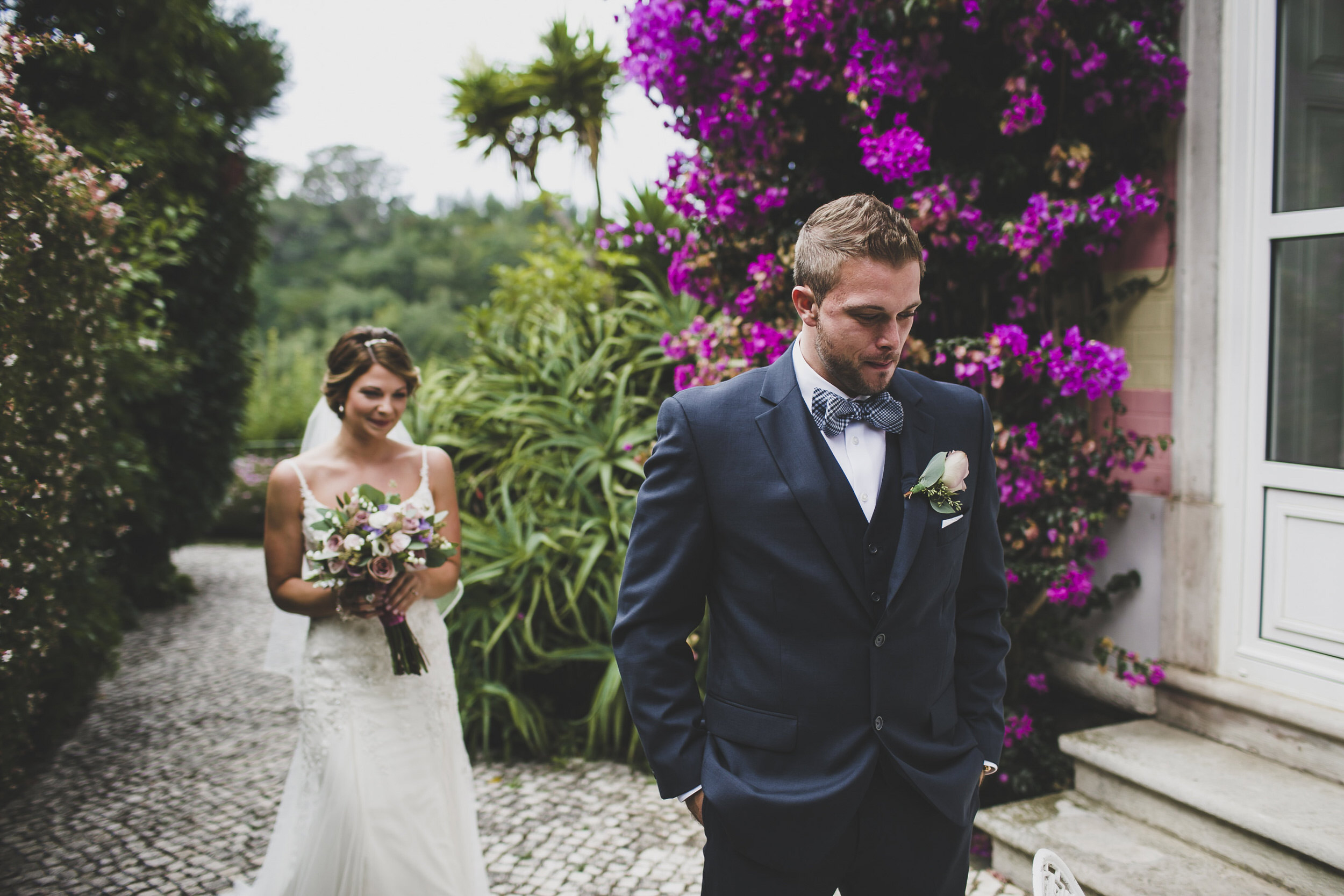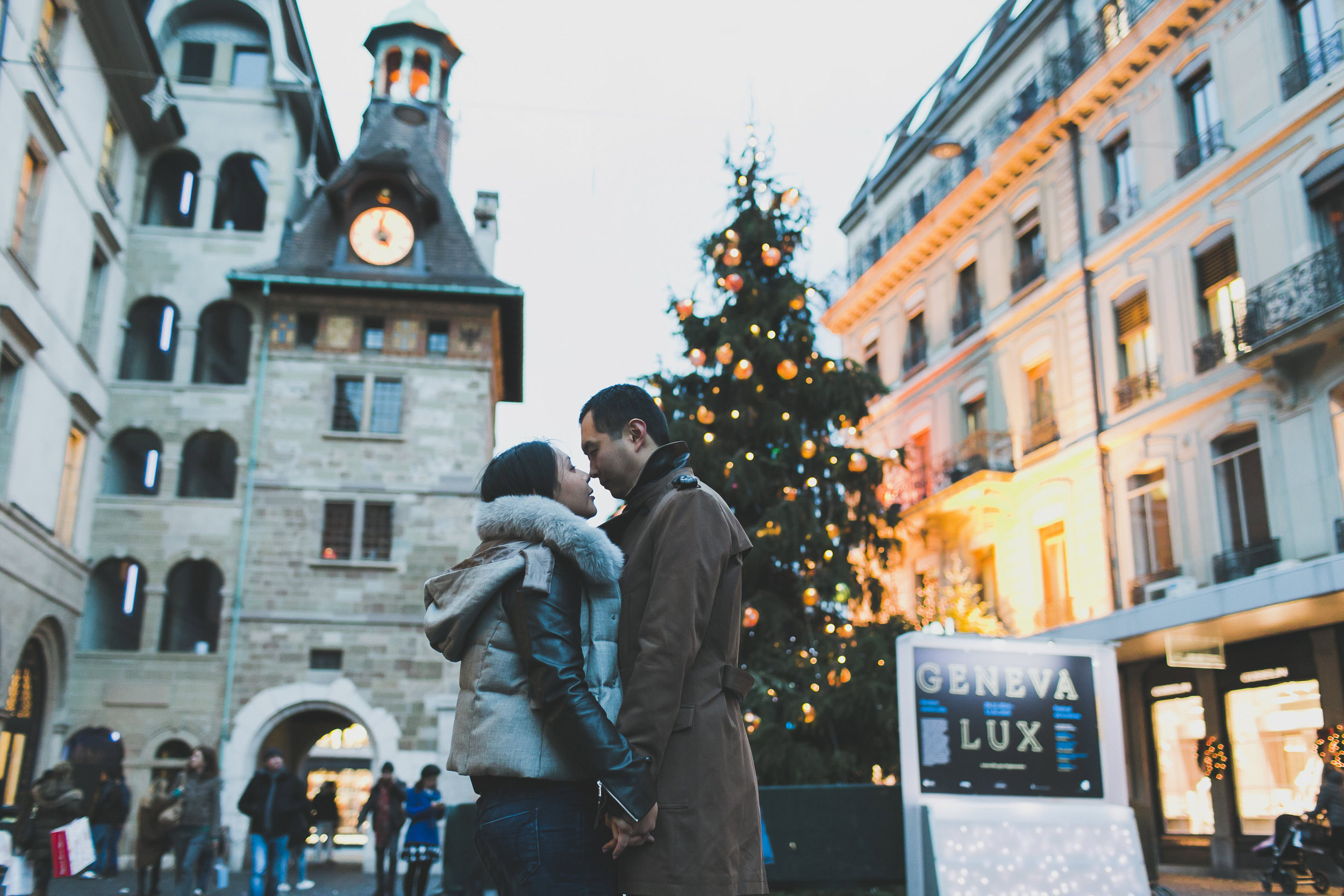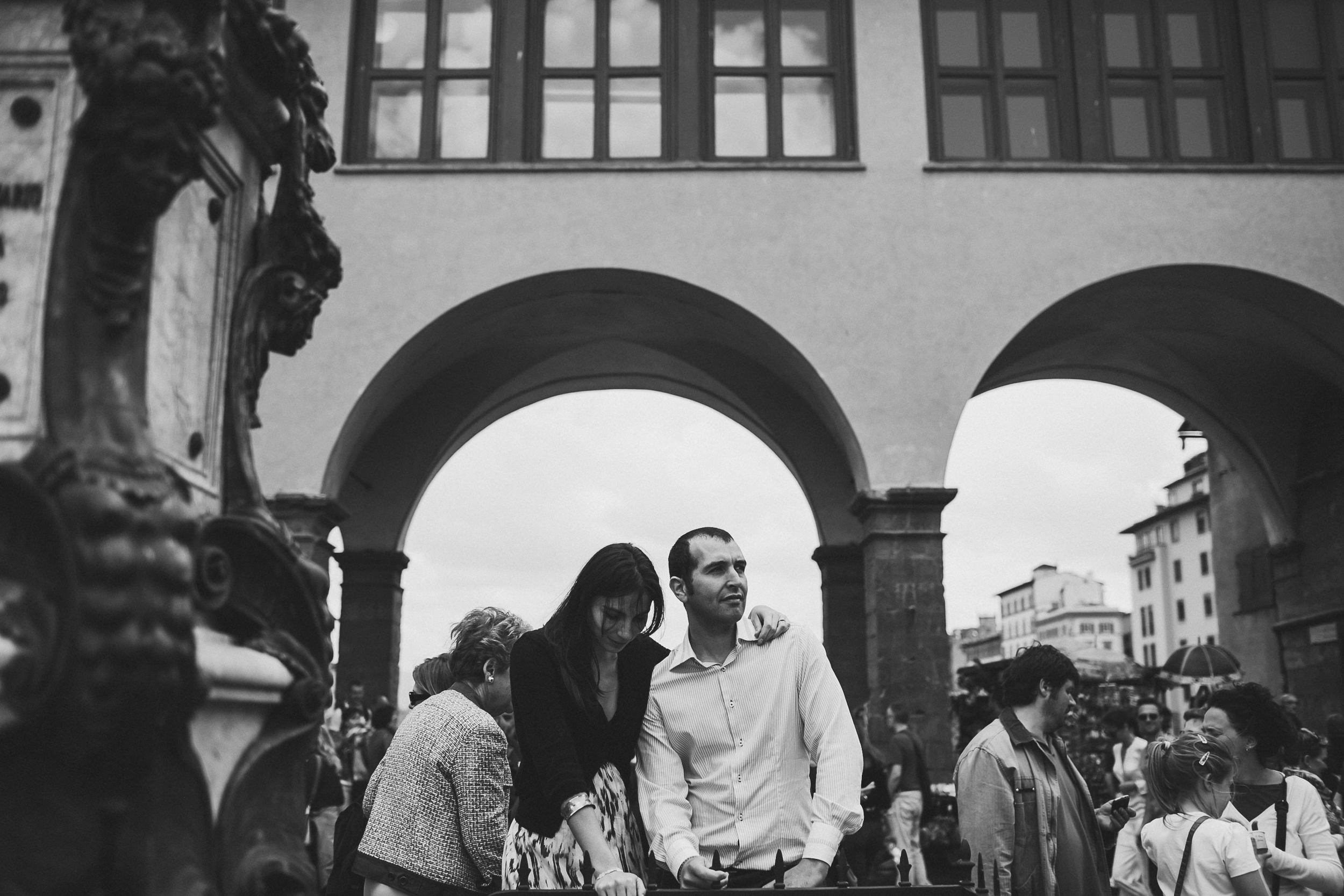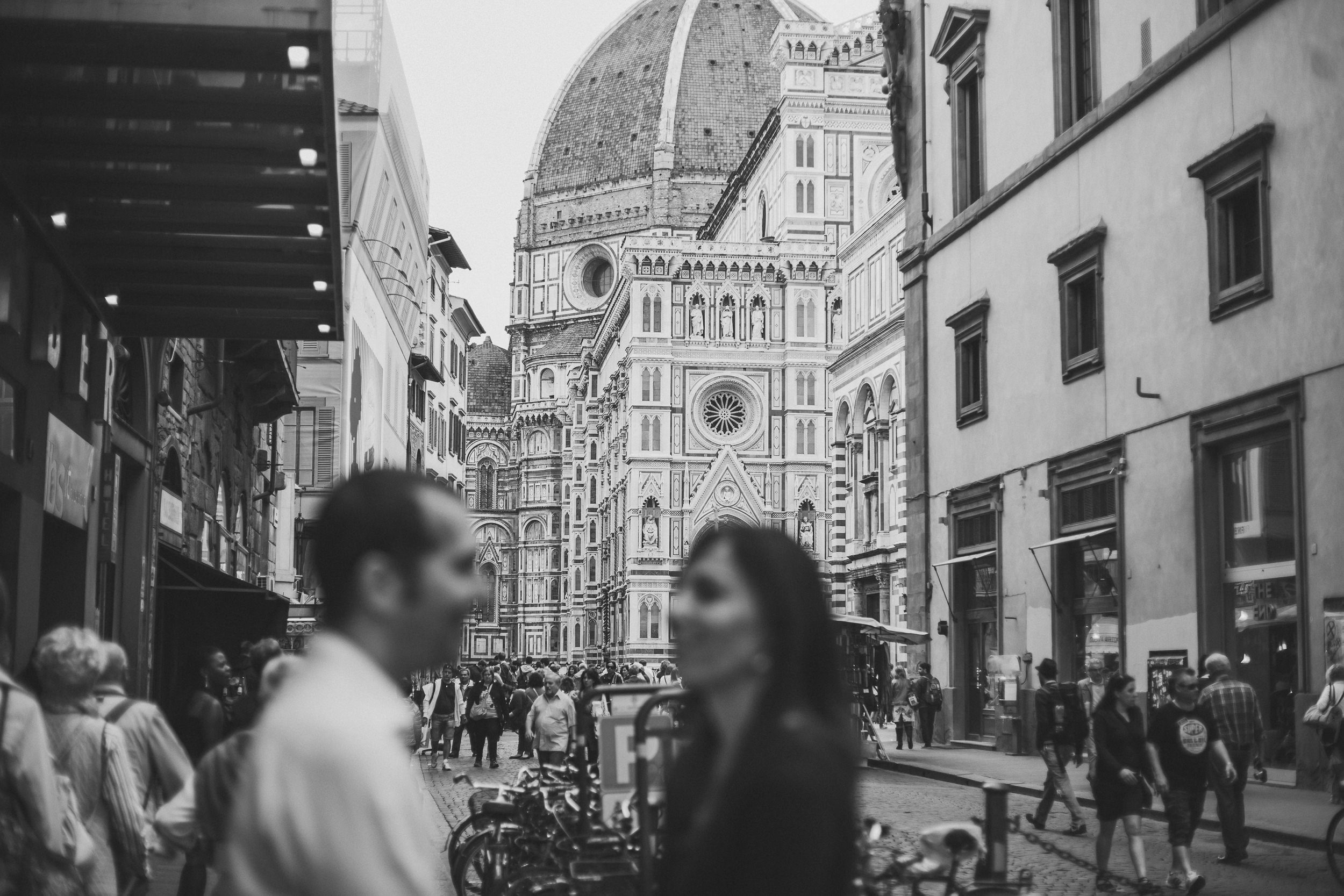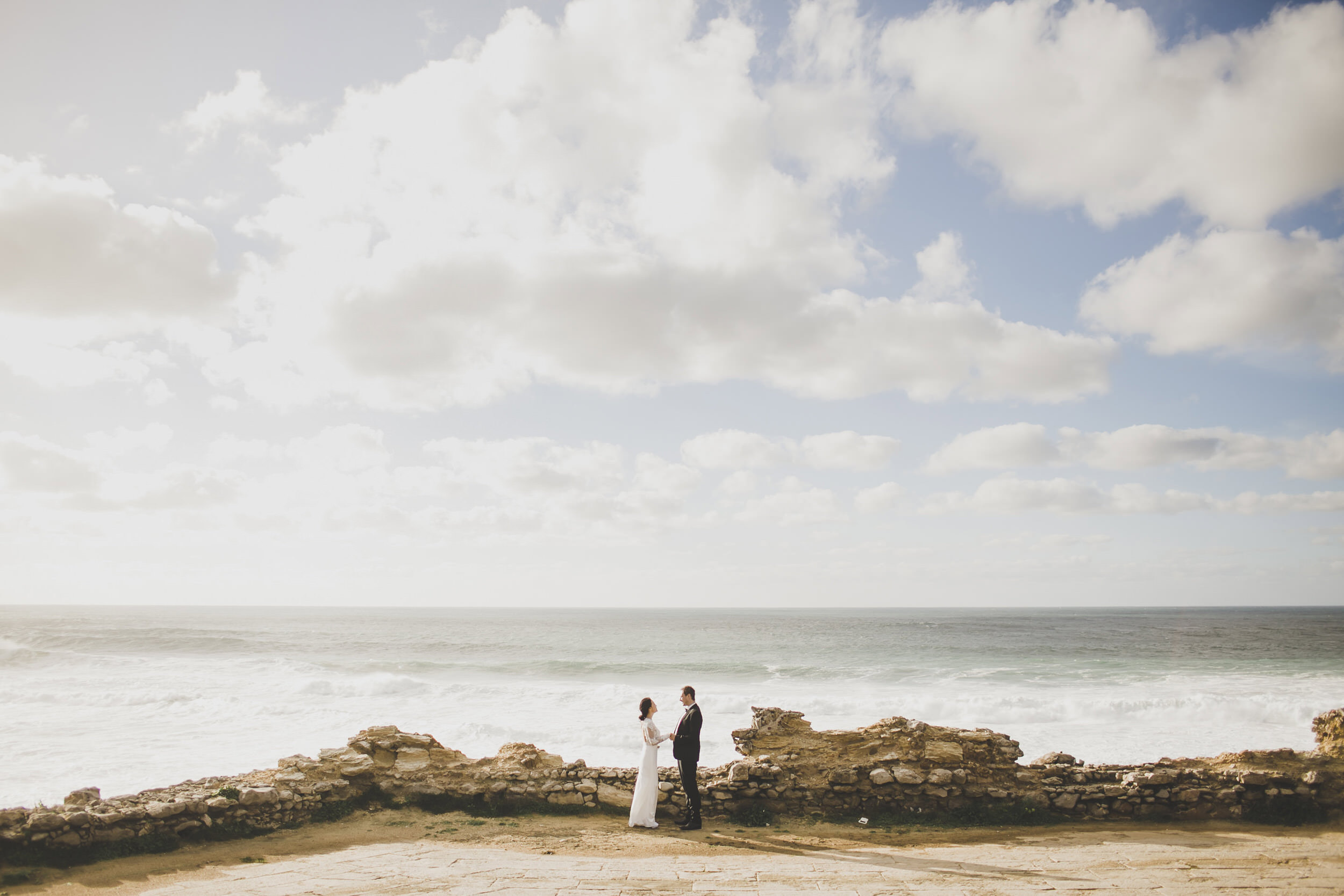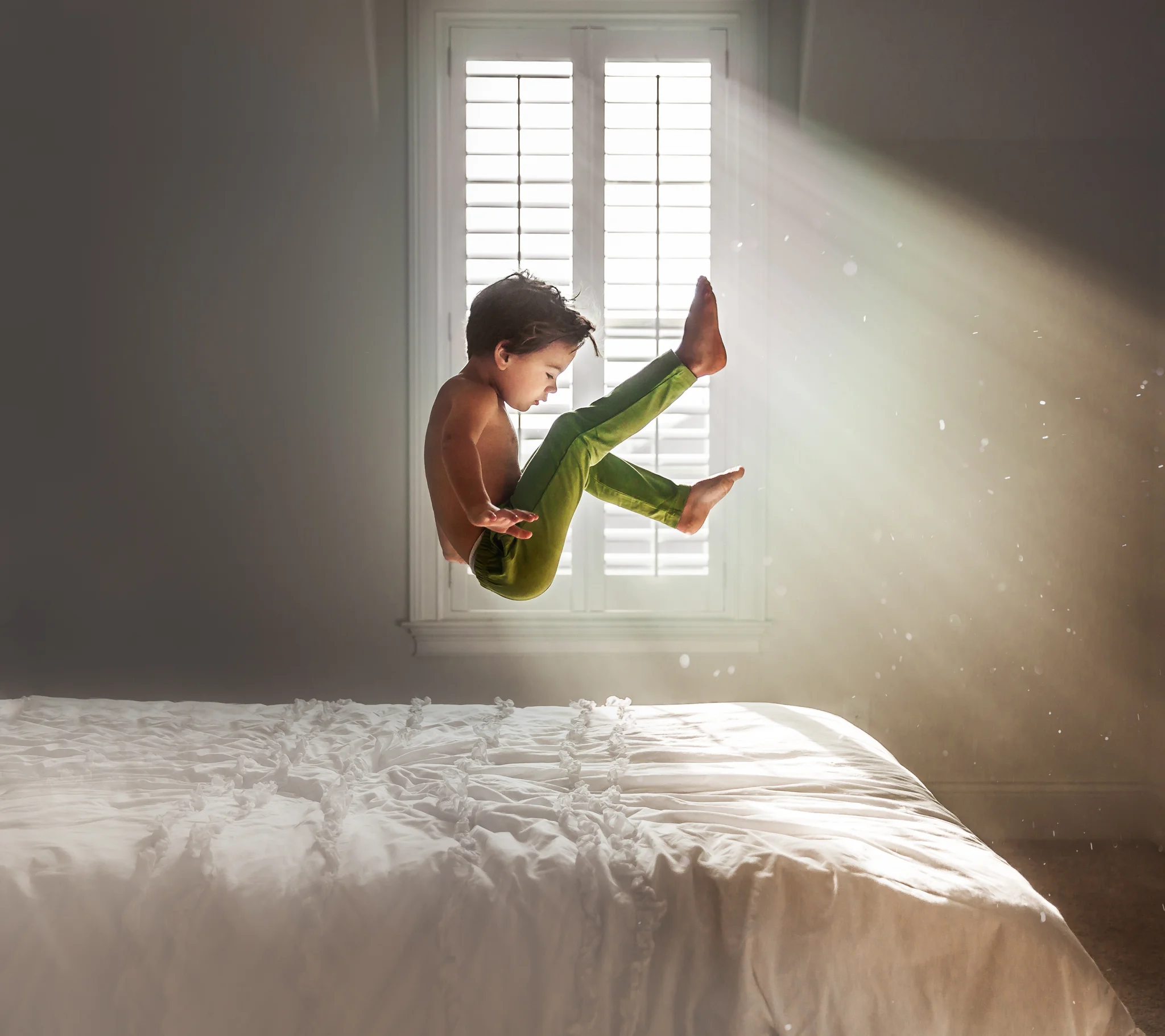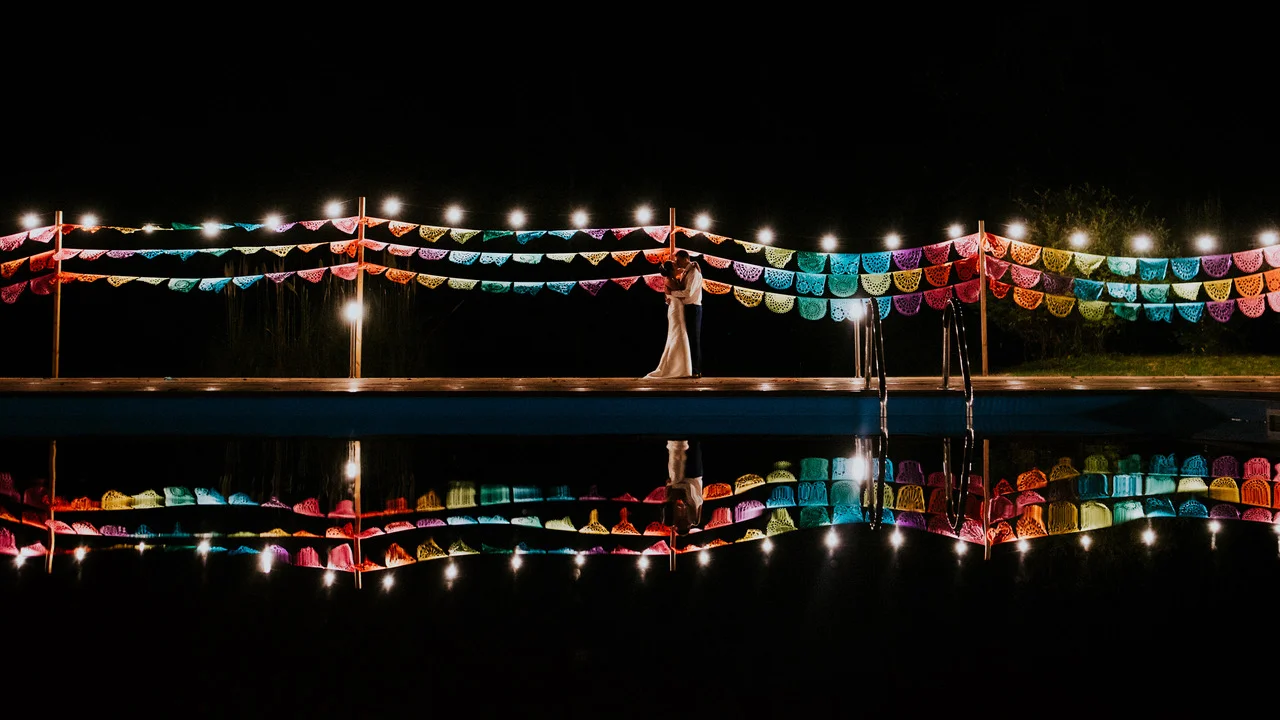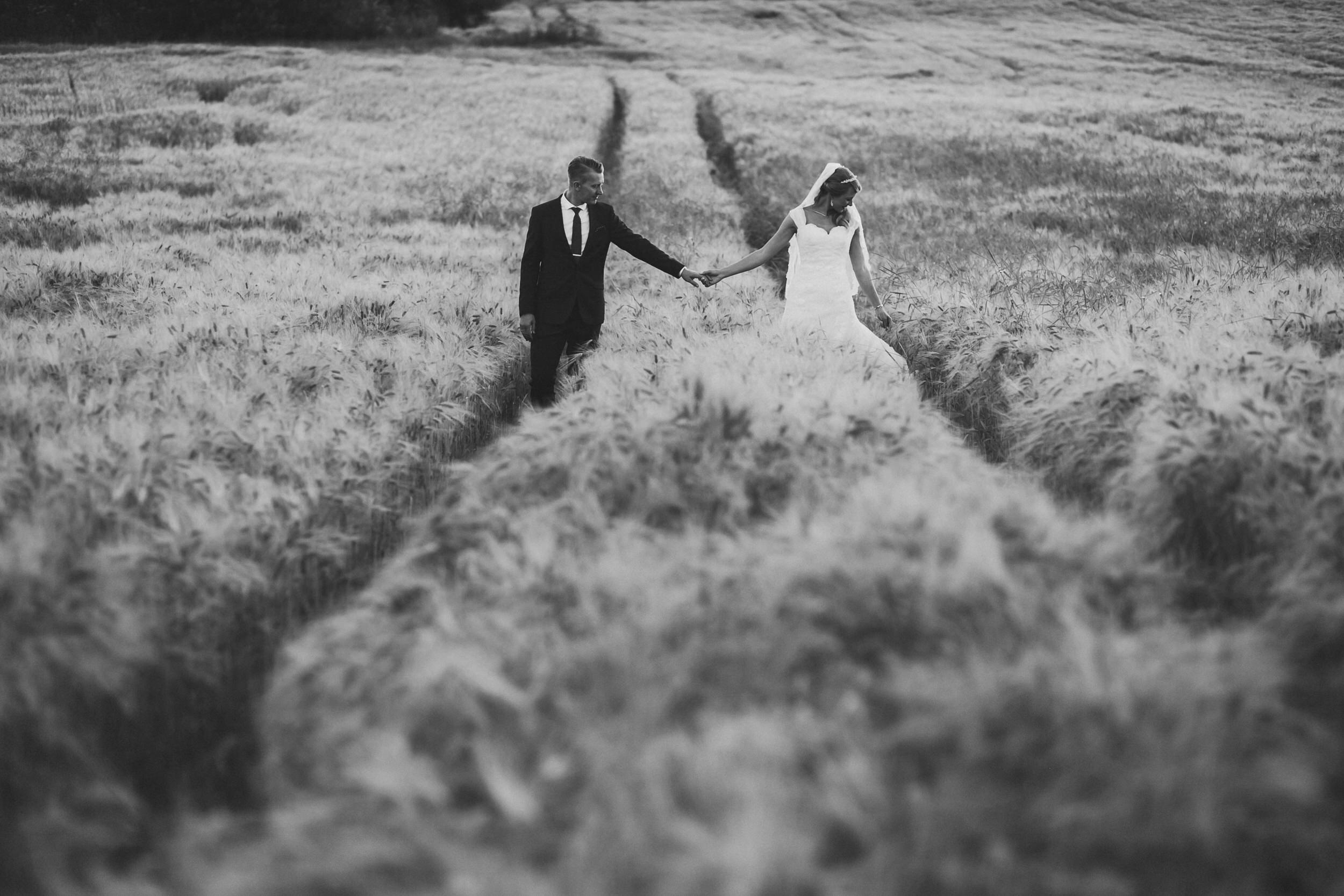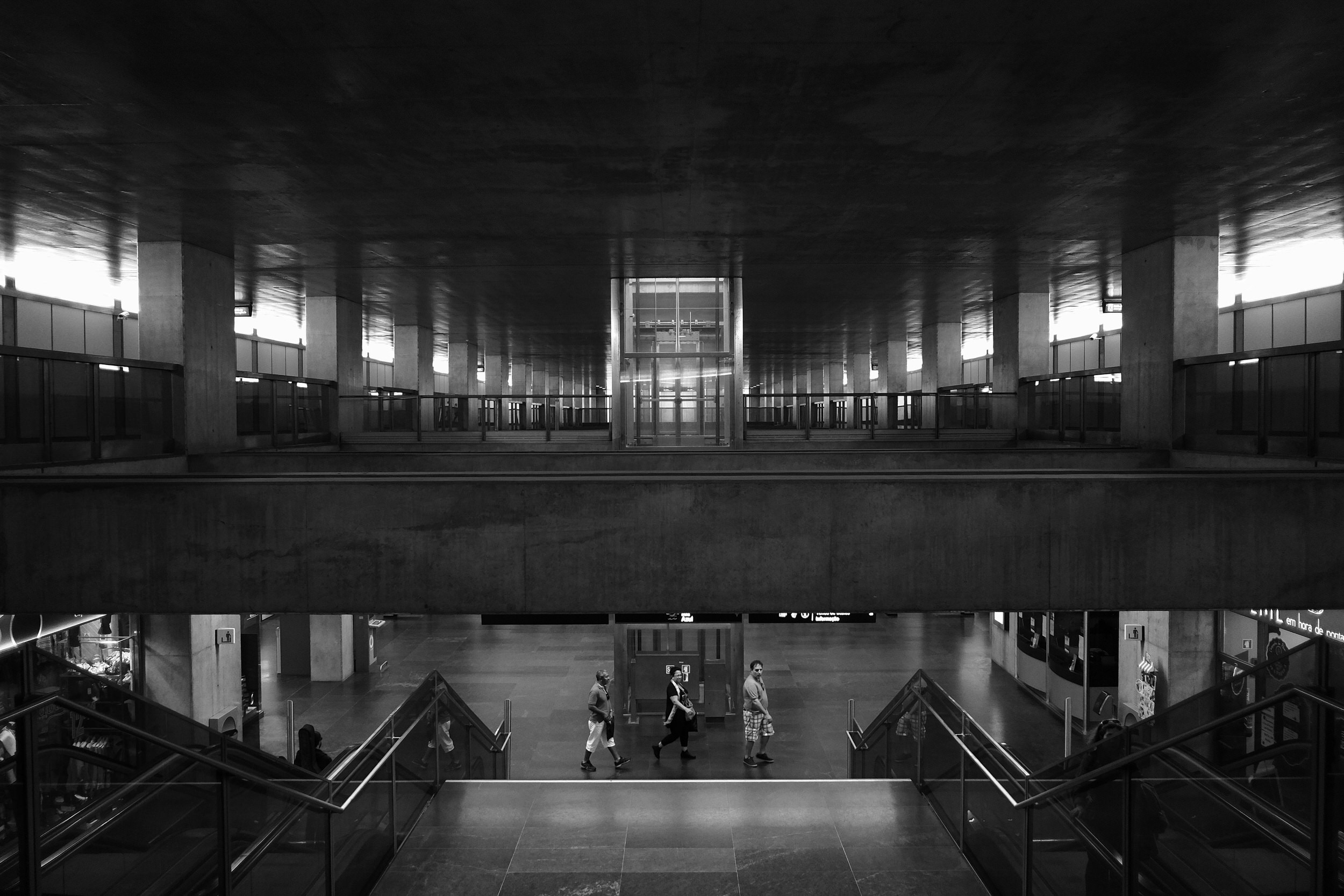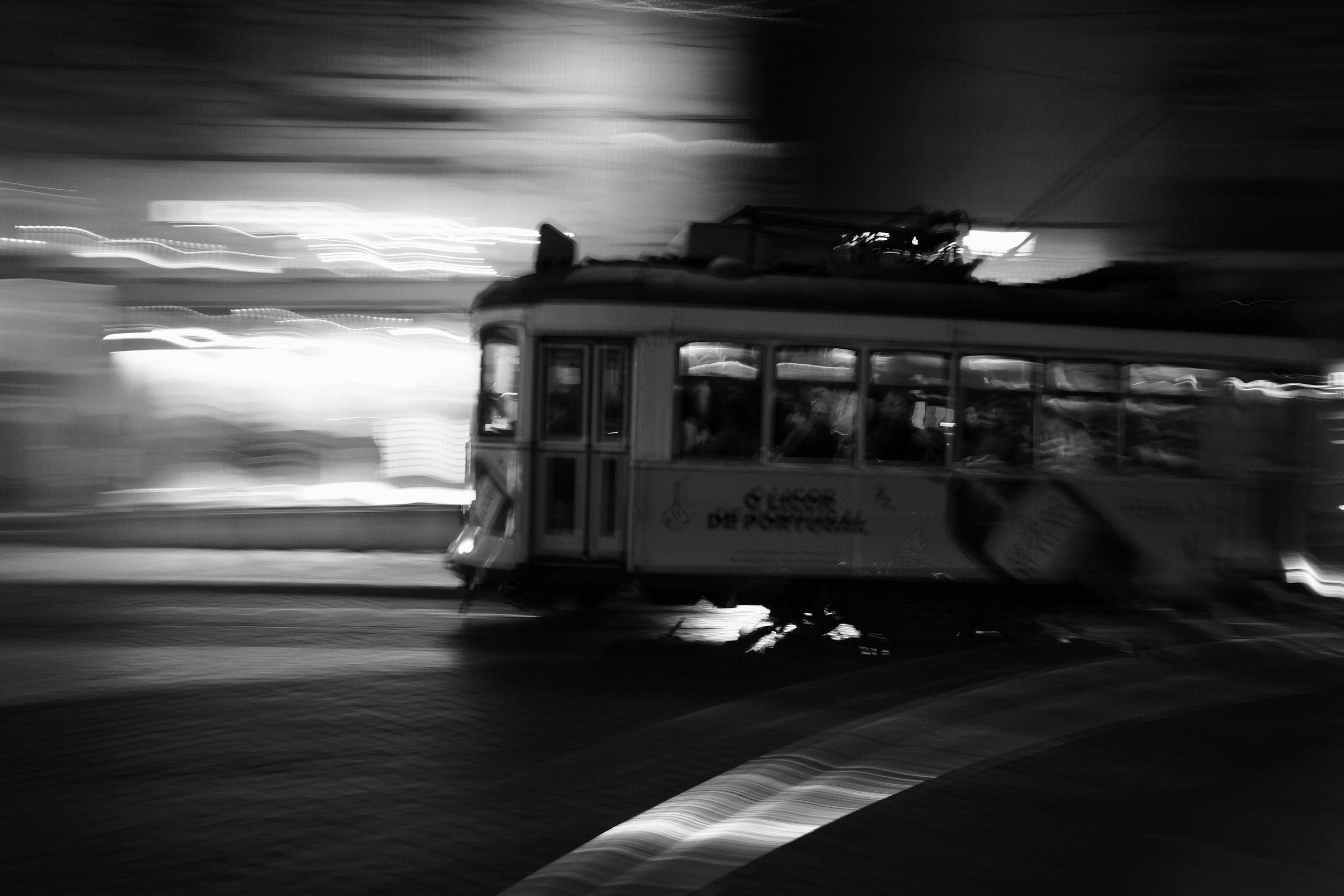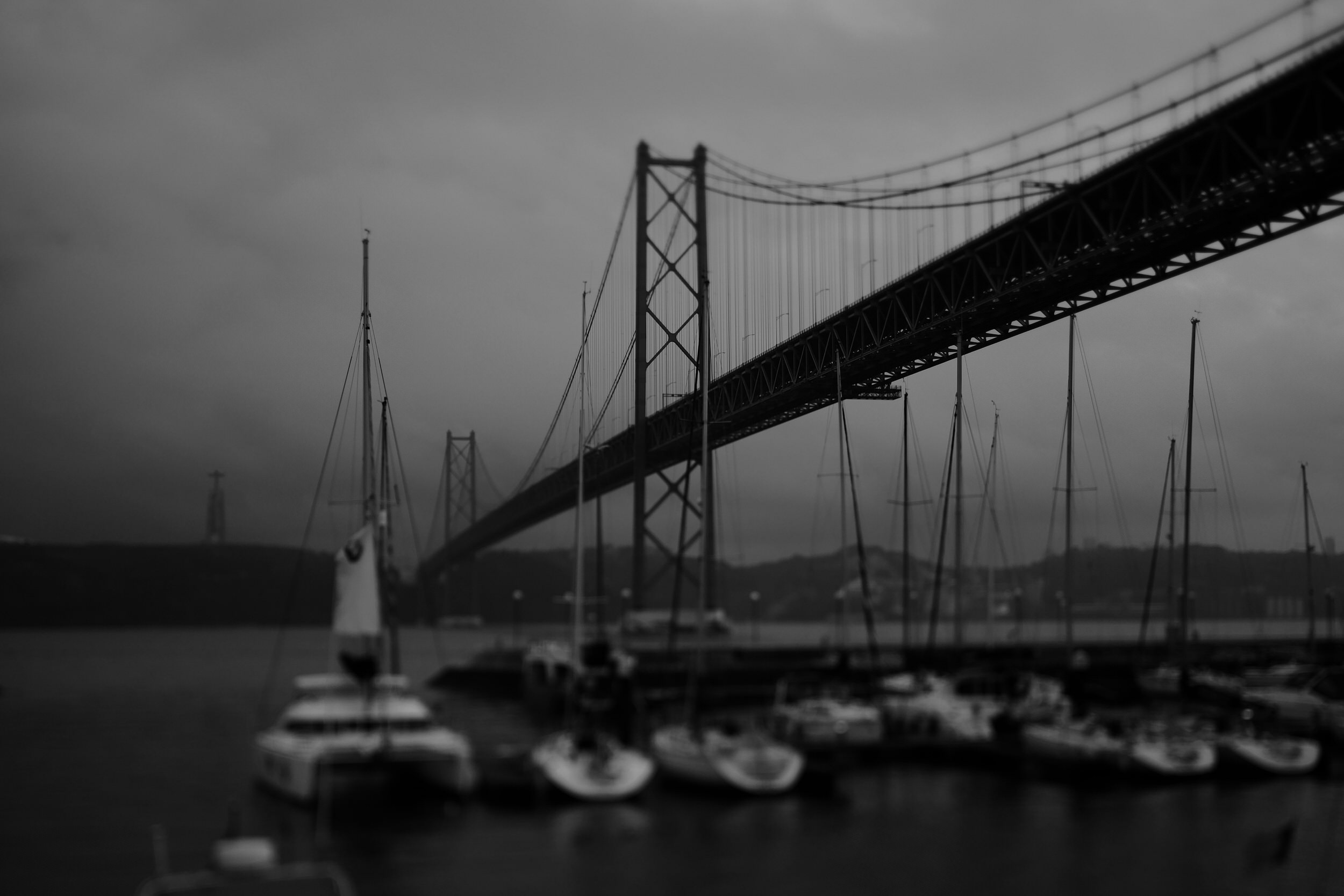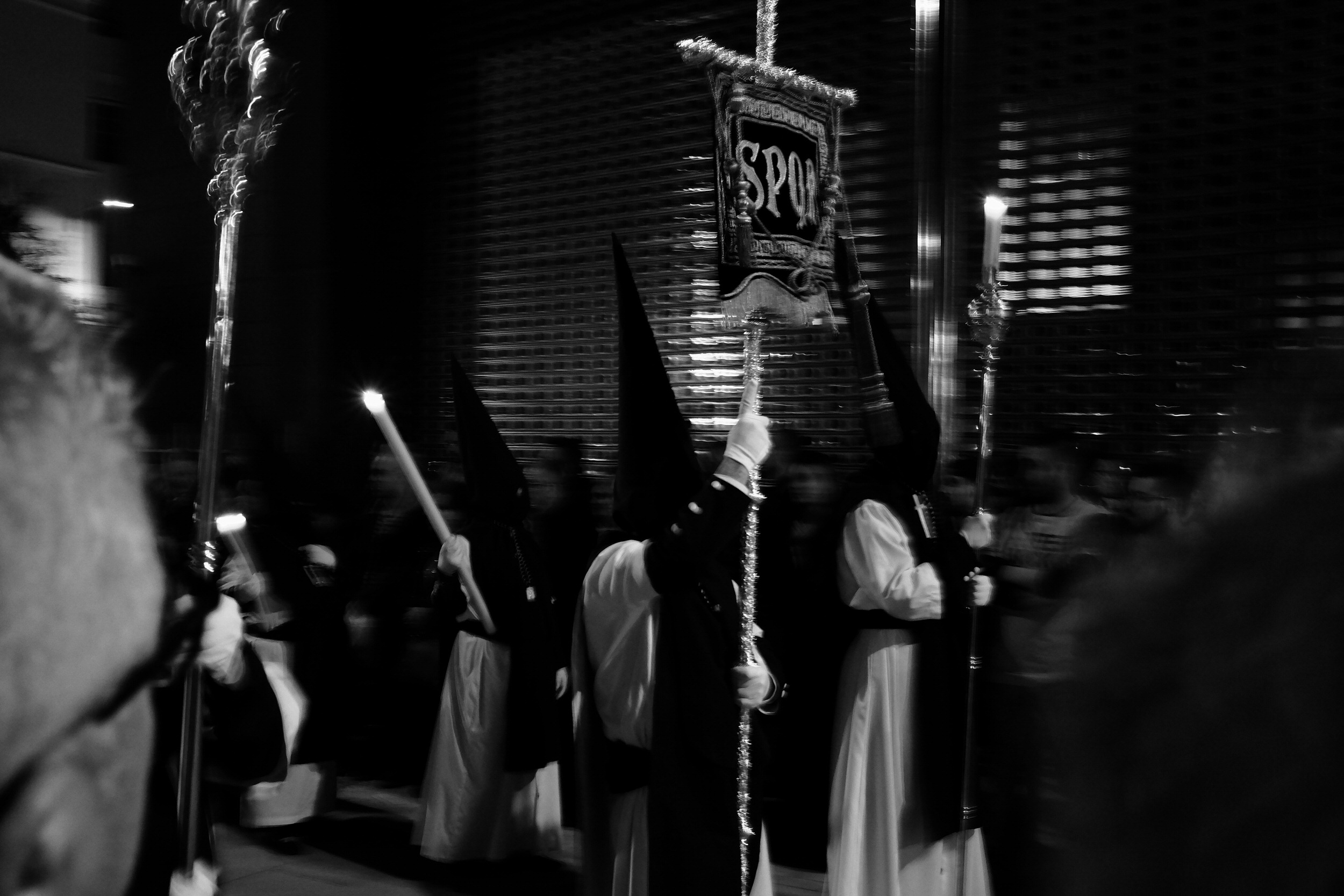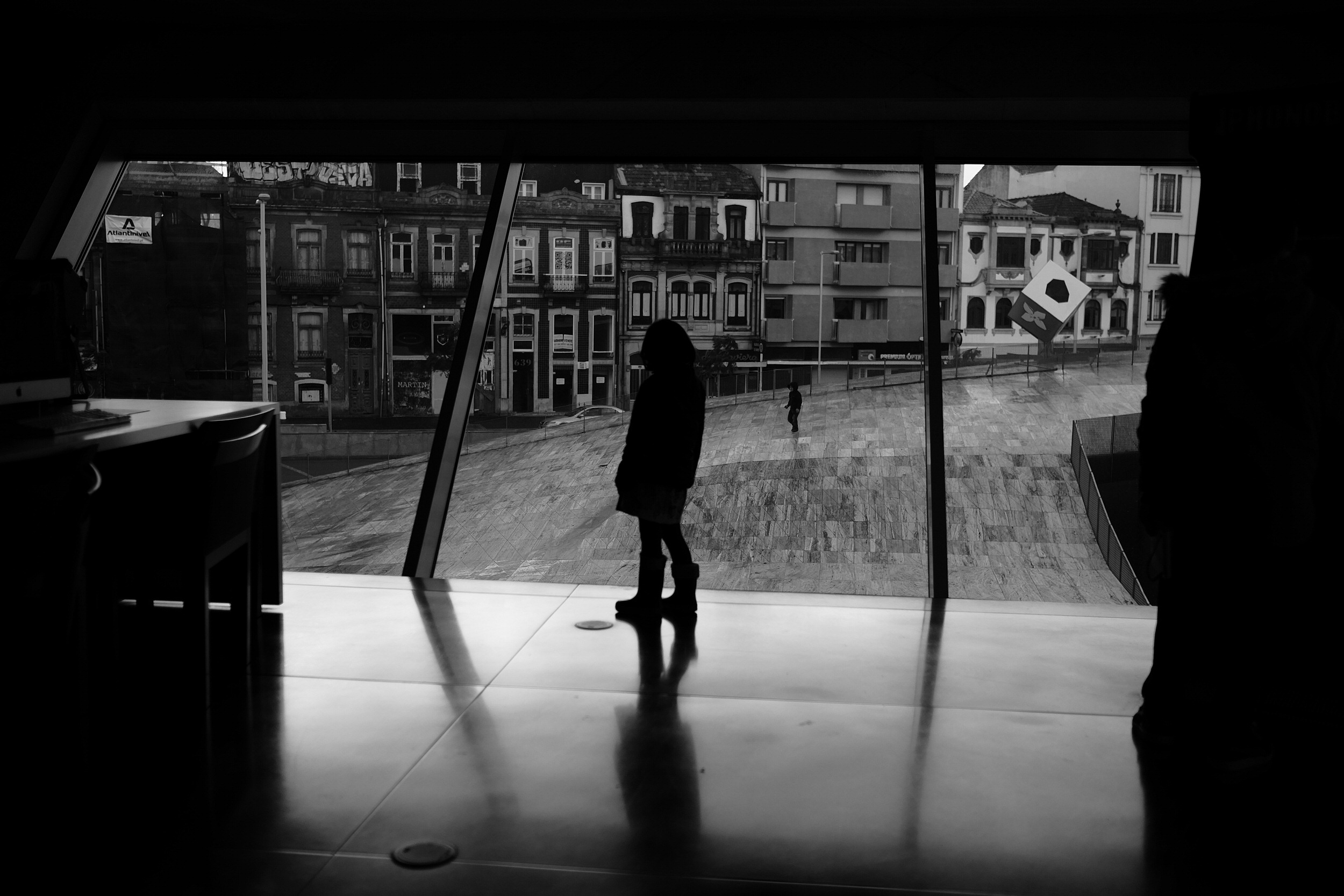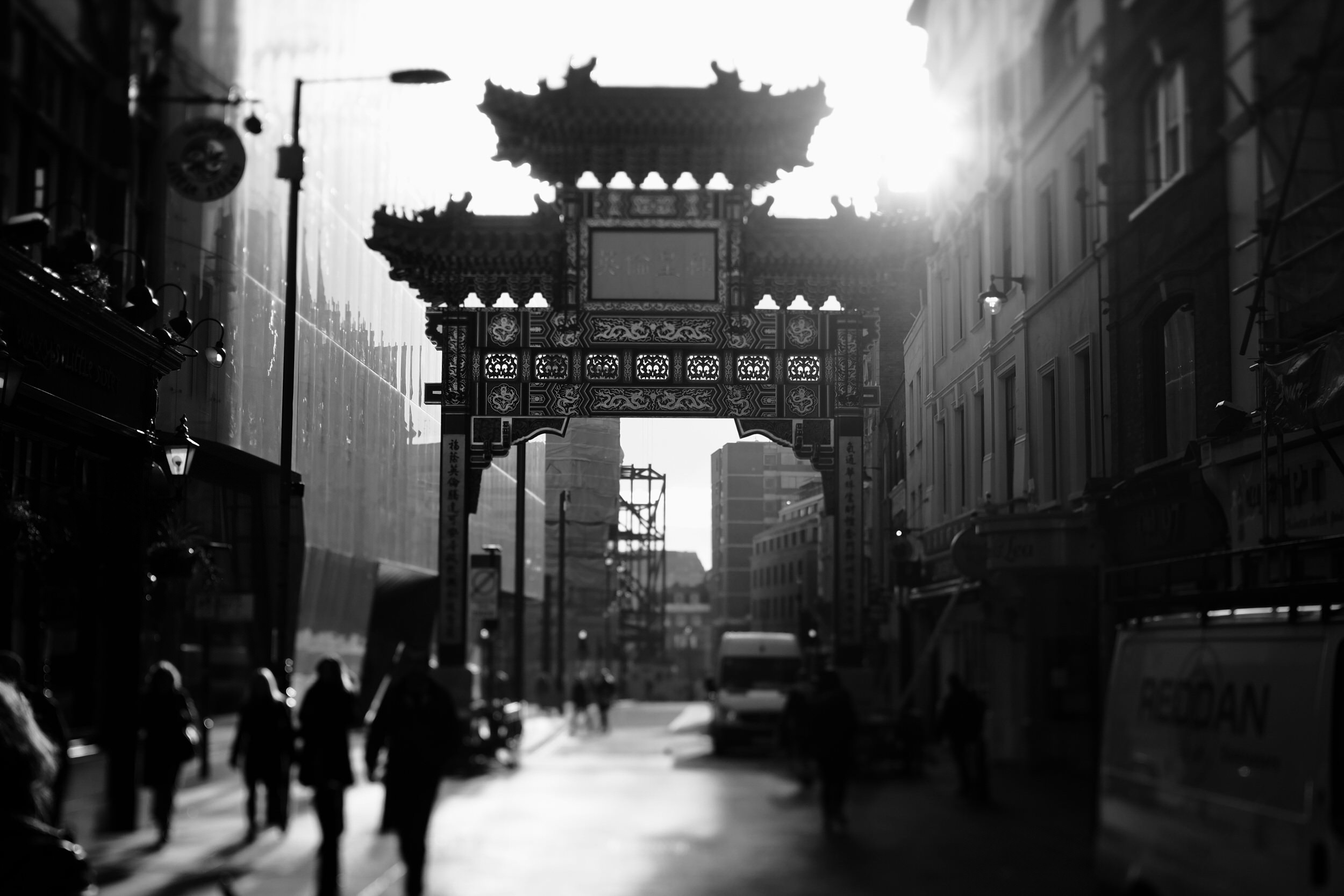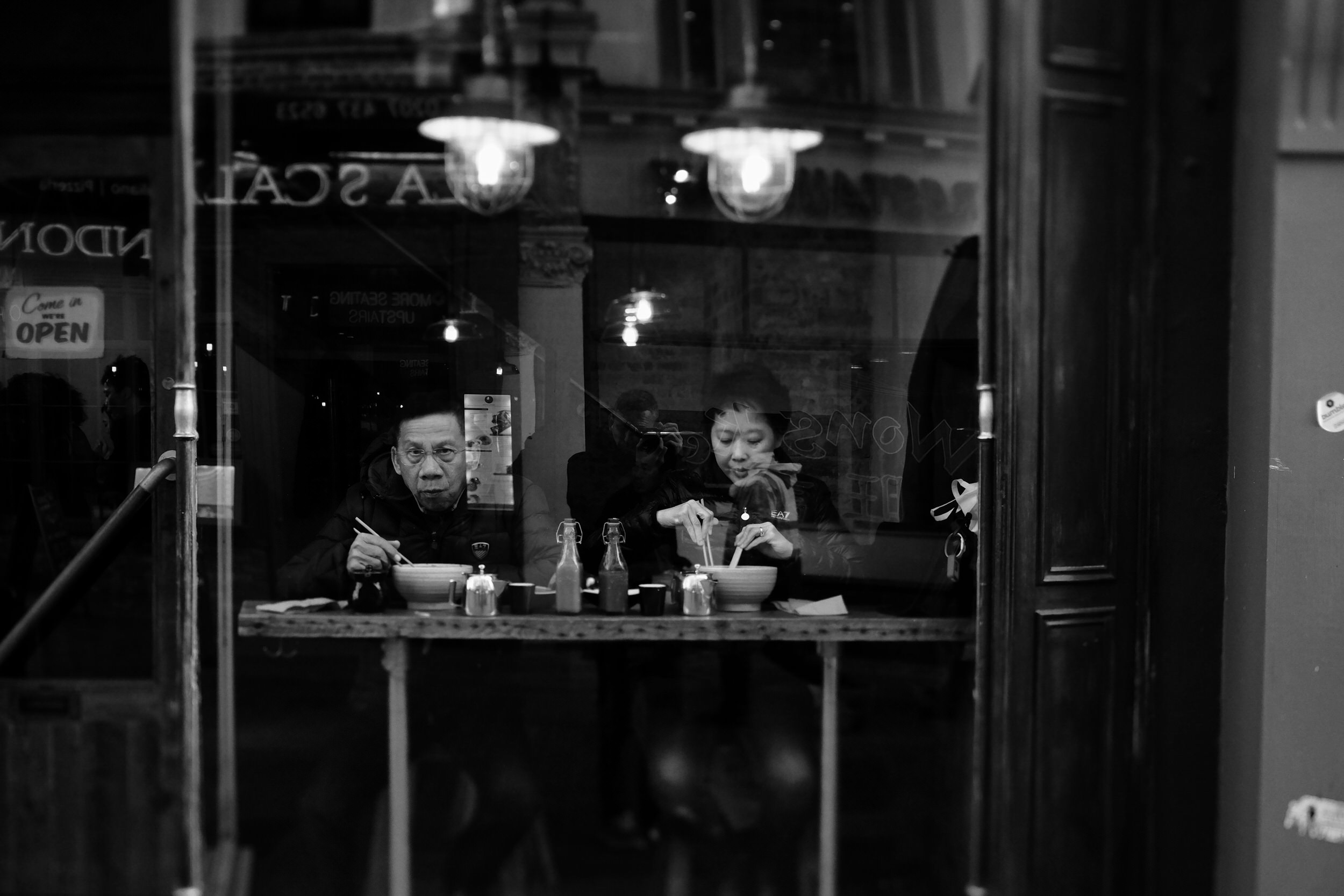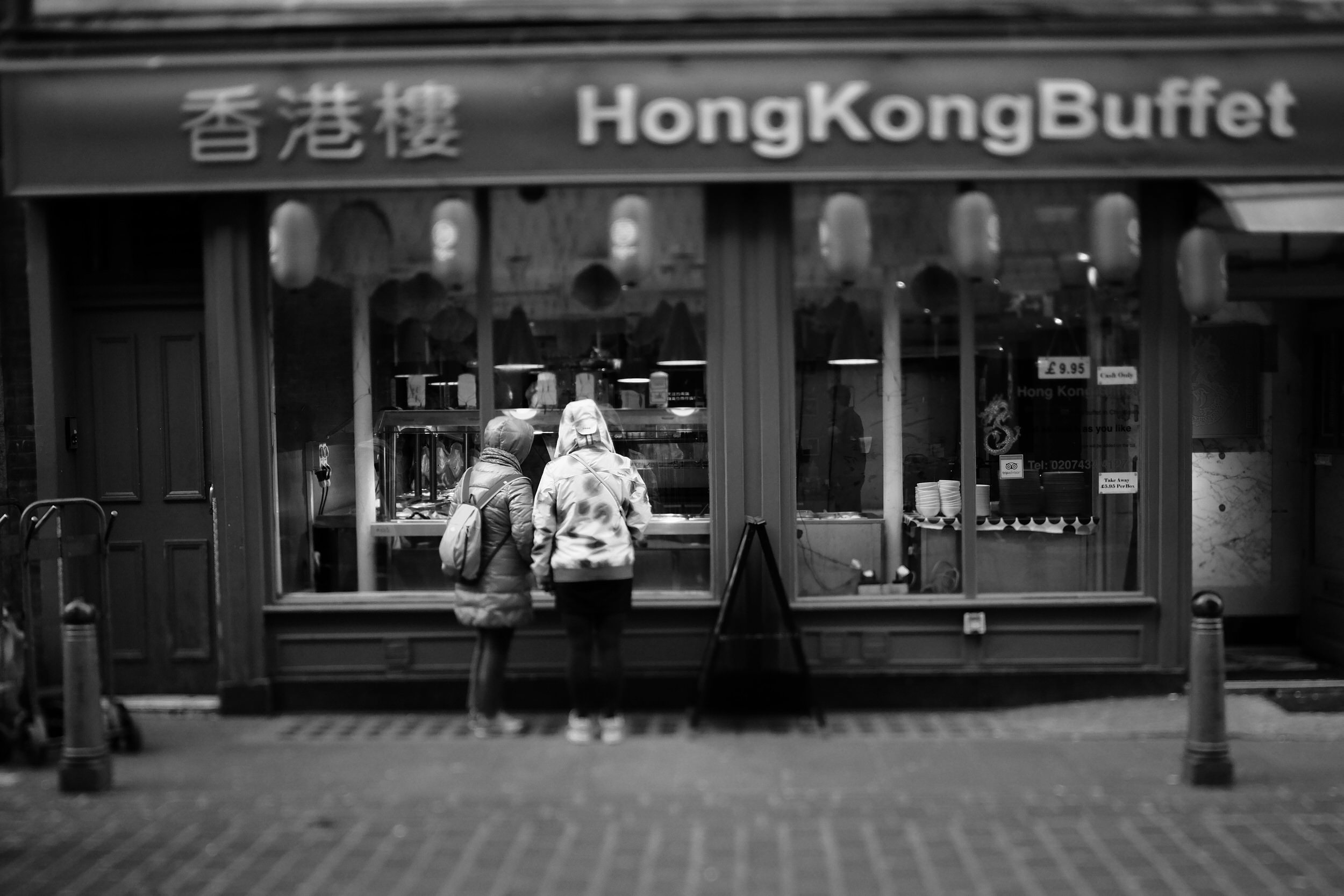Portugal based photographer Jesus Caballero, traded in a career as a biologist for photography. It began when he first helped his father develop photos in their darkroom as a child. Now he is on the look-out for surprises and inspirations (daily!), not the least from his beloved home city of Lisbon. Trained professionally in photojournalism (even mentored by a Magnum photographer), Jesus skillfully combines lifestyle with photojournalism to give wedding a fine art visual voice.
1 What do making images mean to you?
Being in the moment, being carried away with curiosity, framing a story. I have photographed since I was child, so it is part of my life. Photography is an excuse to do things - to travel, listen to music, visit a city or watch a film. And it is something that I have in common with my wife!
I really need to photograph people and tell something about them, to give a part of their story. For me photography is like music: universal, easy to connect with and transmit
2 What is life to you? what is should be?
Sounds typical, but for me it is an adventure with pauses, fast times and is the best place to work on happiness. In these hard times I need to believe we can be still be happy and this includes taking care the others.
3 How does where you live influence your creativity?
My city always gives me new and nice surprises. It keeps me alert and curious about what’s next. Portugal has been my home for the last 17 years and every day I discover a new thing. It keeps my creativity and spirit going. We travel a lot, visiting our family and friends in Spain, UK and all of Portugal, Madeira included (friends call us "the nomads") and I guess my creativity comes from this existence. Although we like a calm and simple life, every weekend my children ask to fly again and want to know who we are going to visit next!
4 There are a lot of professions out there - why be a photographer?
Since I was 7 years old, I remember developing film with my father in his makeshift darkroom in the bathroom of our home. I can still vividly recall the darkroom - the red light, the smell of chemicals, and seeing photographs appear like magic. Back then, I did a lot of Super8 films. We also experimented with developing colour negatives. This progressed to me managing a photography room for the University for 3 years when I was attending there - and I was then also actively involved in photography activities organised by Museums.
I gained a PhD in GIS and Biology without a grant - I worked at night to fund my studies while my day job as a Biologist meant I spent my outdoors with marine & bird species (like tuna, whales, dolphins, eagles), and working on European Territory Management projects. Though I liked my work and enjoyed it, I felt photography was always ‘calling out’ to me. So around 2006, I quit my day job, left my comfort zone, studied photography professionally for 1 year. For 3 years, I photographed a lot of products and fashion and in 2010, I started my wedding photography business.
5 Are your creatively satisfied at the moment?
I’m never satisfied creatively but I am more relaxed about it these days. I have decided to stop looking at other photographer's work, especially with all the social media influx of posts where it can get overwhelming. I now focus my time and energy on my photography, family, books and travel. With two young children at 5 and 3, we have very little time so I prioritise. I also do workouts and make sure I balance everything in life. I think by staying focused this way, I can challenge myself creatively.
6 What are you reading now?
I have a pile of books waiting for me at my night table. Currently I am reading books by Saramago, the Portuguese writer. One of my faves from him is the Elephant's Journey. Some books about the history of Portugal and Spain are consulted frequently and when summer comes, I always love to read detective novels from Henning Mankel, Donna Leon or Petros Markaris. From time to time I re-read some of my old Comics of Corto Maltesse!
For my photography business, I am always reading about marketing, social media, productivity and inspiration. These are some that I've been reading lately: Daily Rituals by Mason Currey, The War of Art by Steven Pressfield, Networking by Keith Ferrazi, Fine Art Wedding by Jose Villa, The Tipping Point by Malcom Gladwell.
And I love to stay inspired with magazines about travel, lifestyle, decor and music. Have I told you I love to read? (and I take notes on my notebooks too!)
7 Describe your path to what you are doing now.
At this moment I feel I am at a sweet point where I understand that I want to do. I know my limits. So my frustration is a lot less than 2-3 years ago, when I was trying to understand my business and how much effort I needed to achieve some of my goals.
Now, my first goal is to be happy, make my clients happy and be proud of the photography I do. Honestly, personal happiness and productivity as adjectives could define me.
8 Have you had any mentors along the way?
When I was young, my father was my first Mentor. When I was at University, I attended workshops about film development, composition, various art projects. During this time, while in Spain, my wife and I attended workshops from accomplished photojournalists, war and fine art photographers - to name a few: Cristina Garcia Rodero; Ouka Lele and Koldo Chamorro. And we also visited a lot of art galleries, photography exhibitions. Right before we moved to Barcelona in 2004, my mentor was Jesus Guitierrez (now retired) who at the time photographed for Getty, and lent me his medium format Contax 645 to play with - that was the tipping point towards me shooting with medium format slides. He was a tough Mentor - and I spent a lot of money on slides but I can never thank him enough. That was before I studied photography professionally for a year when we moved to Lisbon in 2006.
9 Do you shoot with your left or right eye?
Mostly right. But I do use both when I need to or when I feel tired. It’s handy to shoot with one and use the other to ‘look around’ so I don’t miss what is around me. Never, never, take a lens from the upper side, always down with your open hand to balance the weight. I think that was the first "professional" tip someone gave me years ago!
10 Where do you see yourself in 10 years´s time?
I see the coming times as bringing on my main work for sure. I want to photograph weddings, lifestyle and travel for the next 10 years! I am preparing some projects about travel, wine, food and traditions to back up my editorial work.
BONUS: Do you think your gear affects the way you photography? Why?
I think yes. I love my Canon gear, know it really well and know its limits around focus and ISO. It could be better, of course. I believe how I approach a scene and my thinking on it syncs with my gear. I also use Fuji for my editorial work and personal projects (below black and white compilation), and for some parts of weddings. I feel working with these two different systems changes some of my habits.
GEAR LIST:
FIELD NOTES:
Digital mostly. I choose digital and like to work with it because it lets me get onto it as soon as I finished the session. It is great once you have your workflow and system set-up. It’s more efficient that way, and it serves my clients too.
I customised my own according to my style using the following as a starting point:
VSCO Kodak 400, Fuji 160, Kodak TriX
Mastin Lab Various
Replicrome Various
But I also shoot with my old Pentagon Six (Medium format) and Fujifilm instant films for personal work, family snaps and travels.
